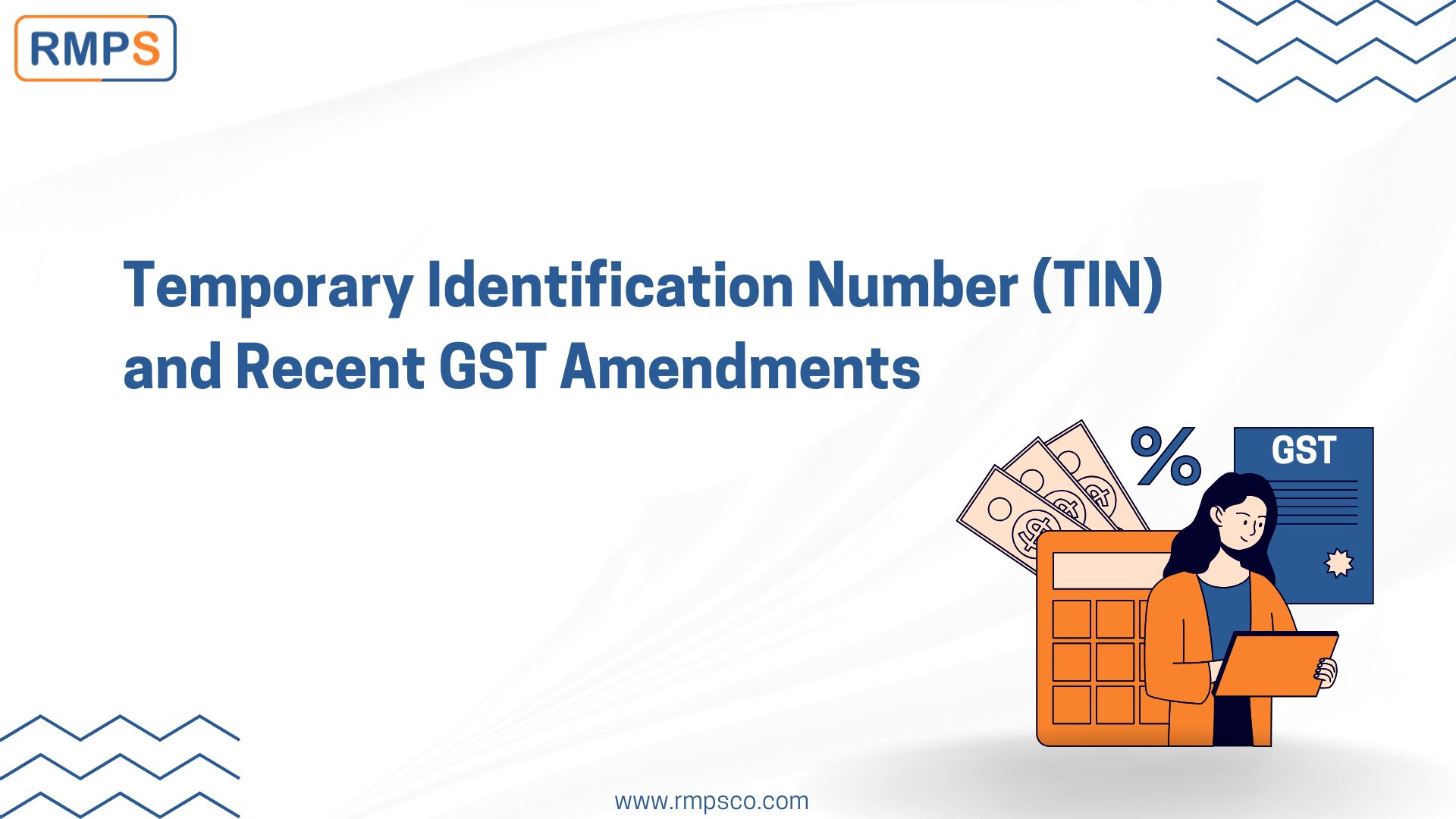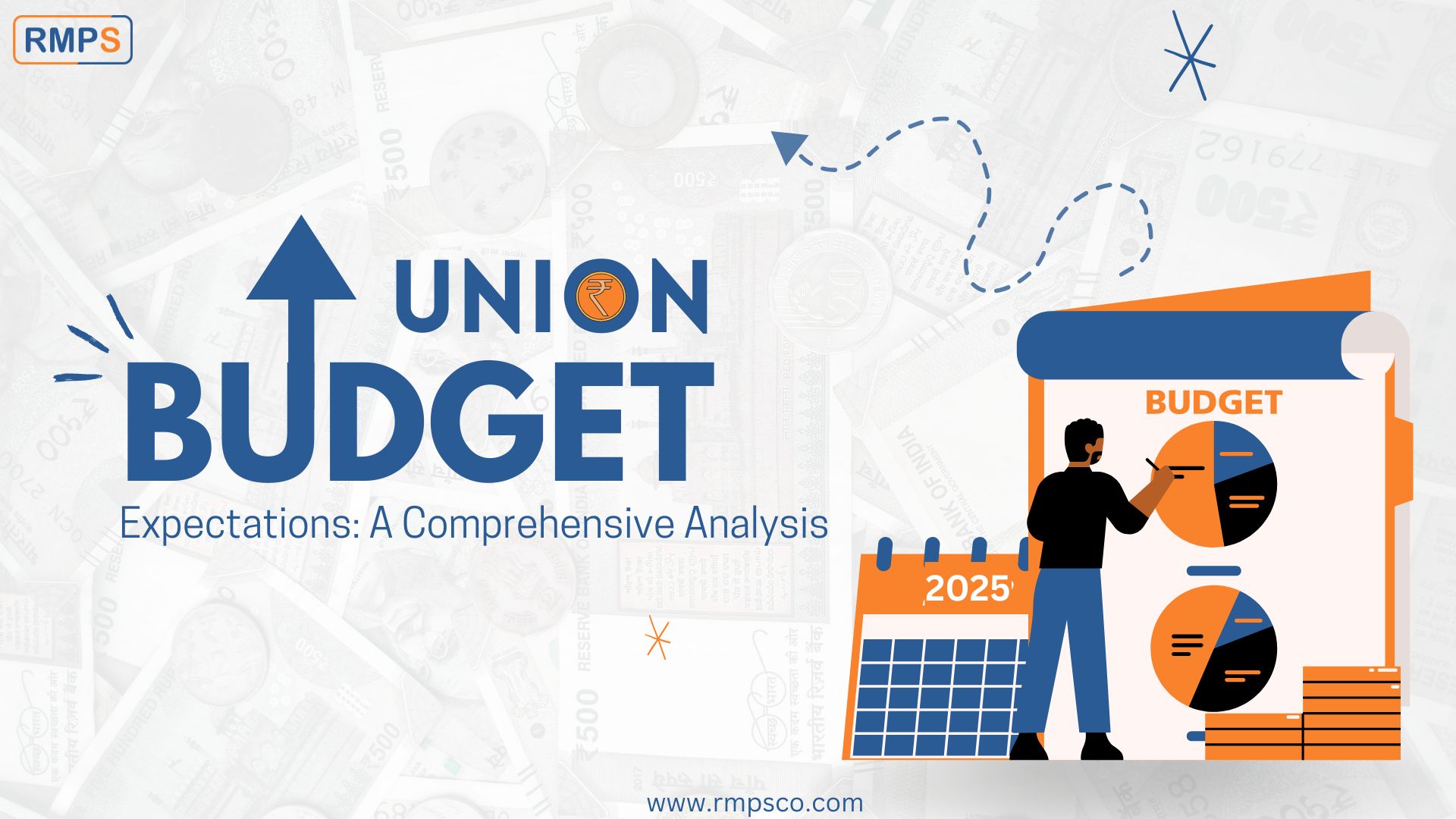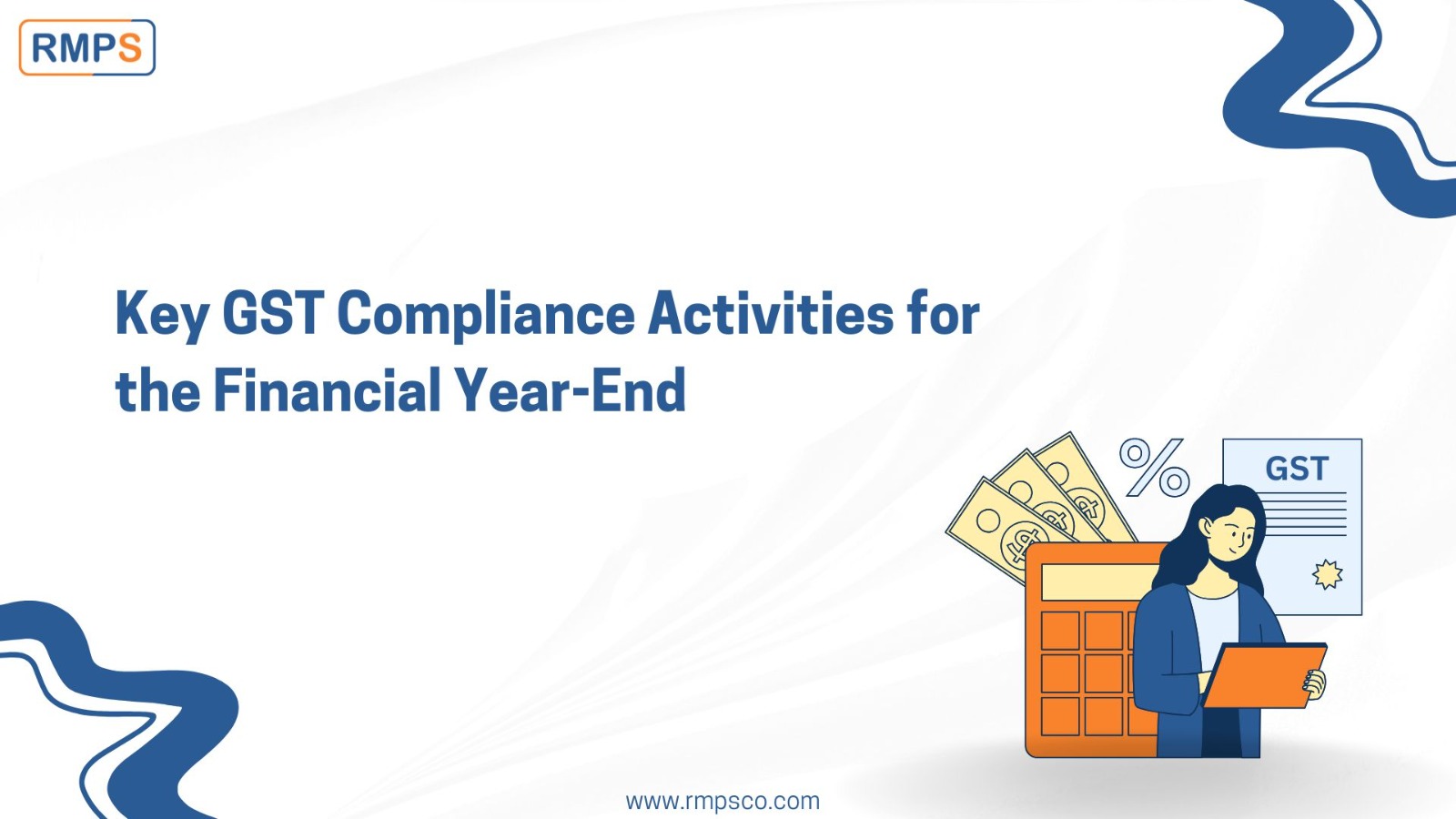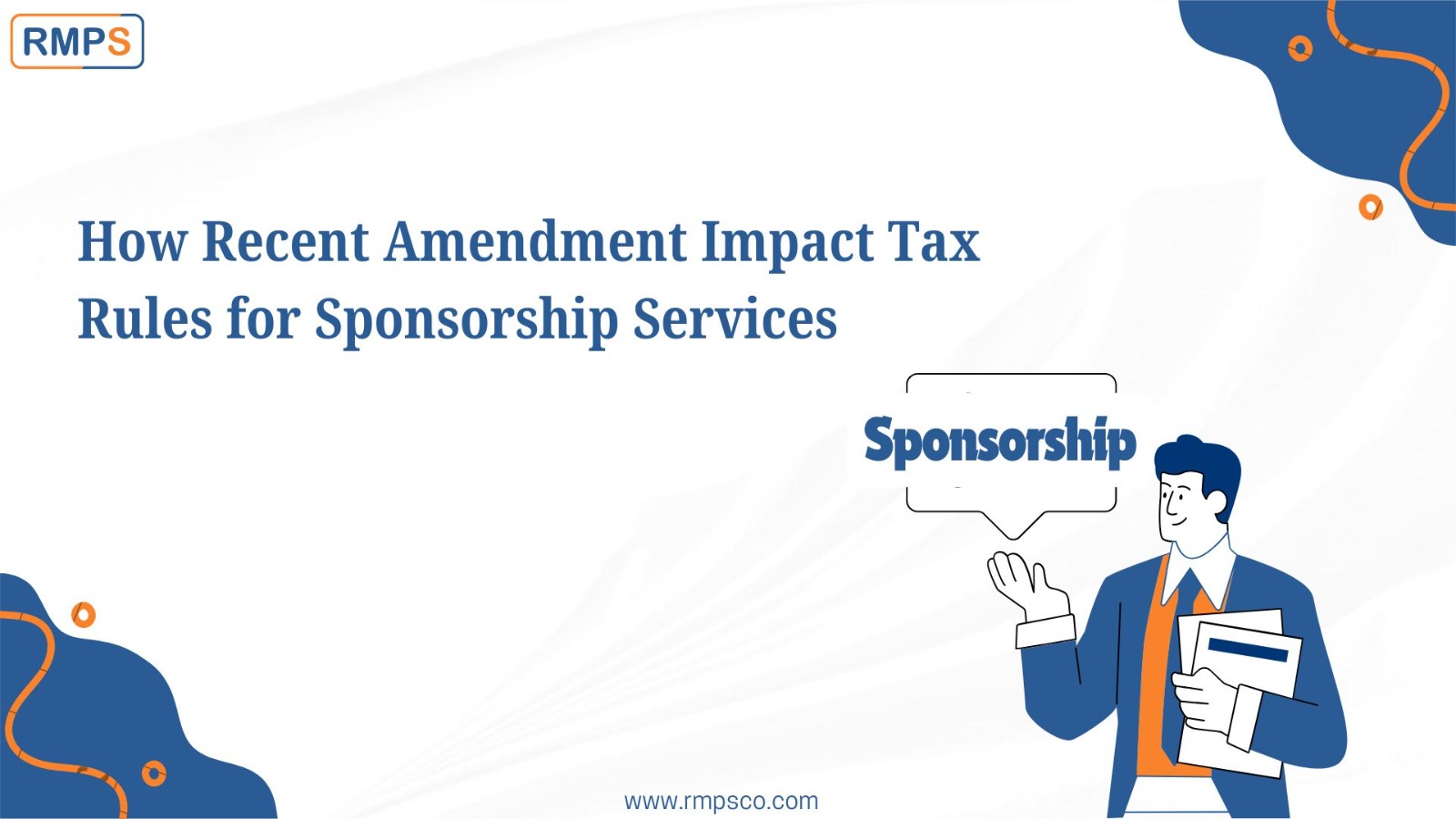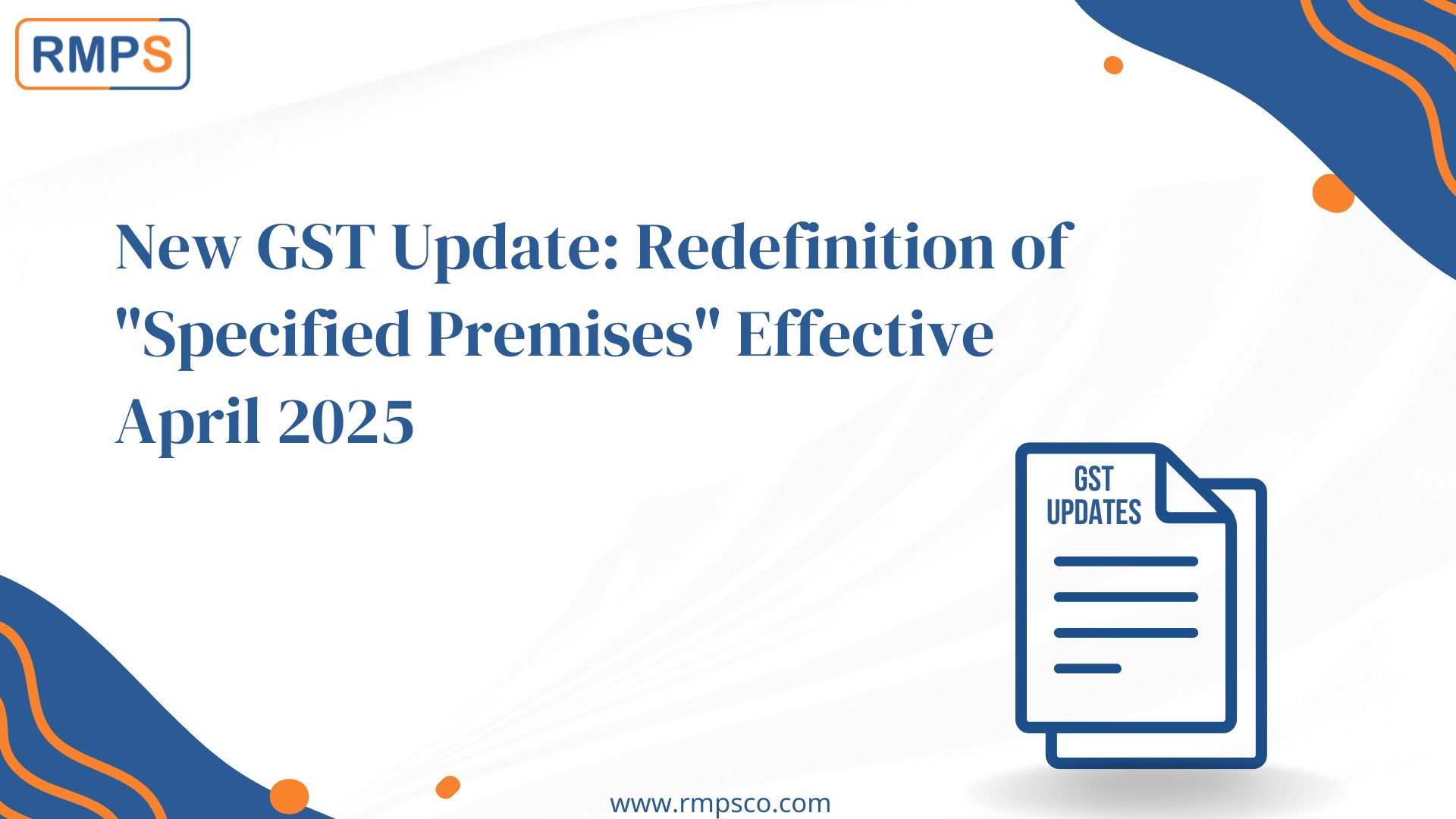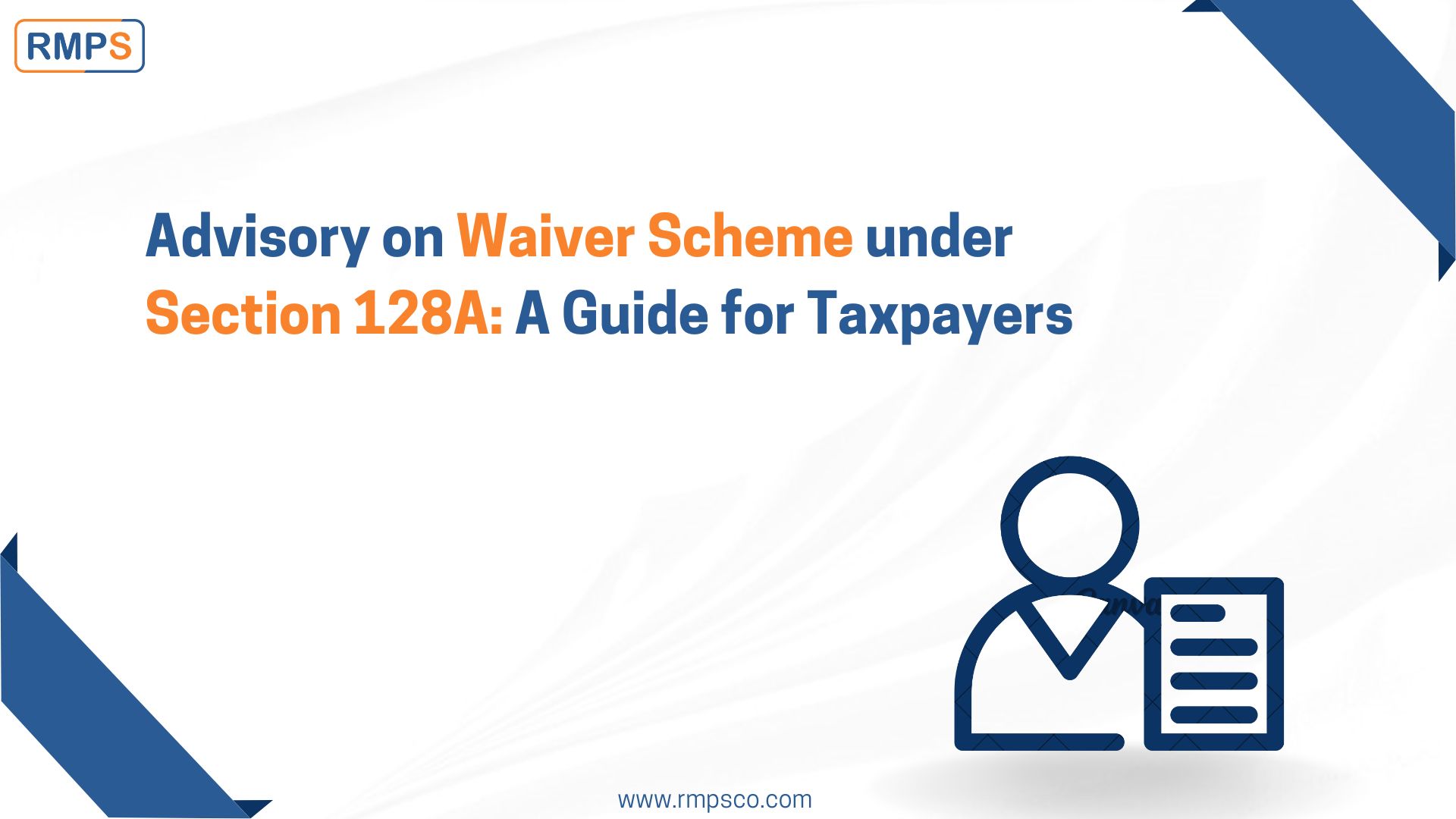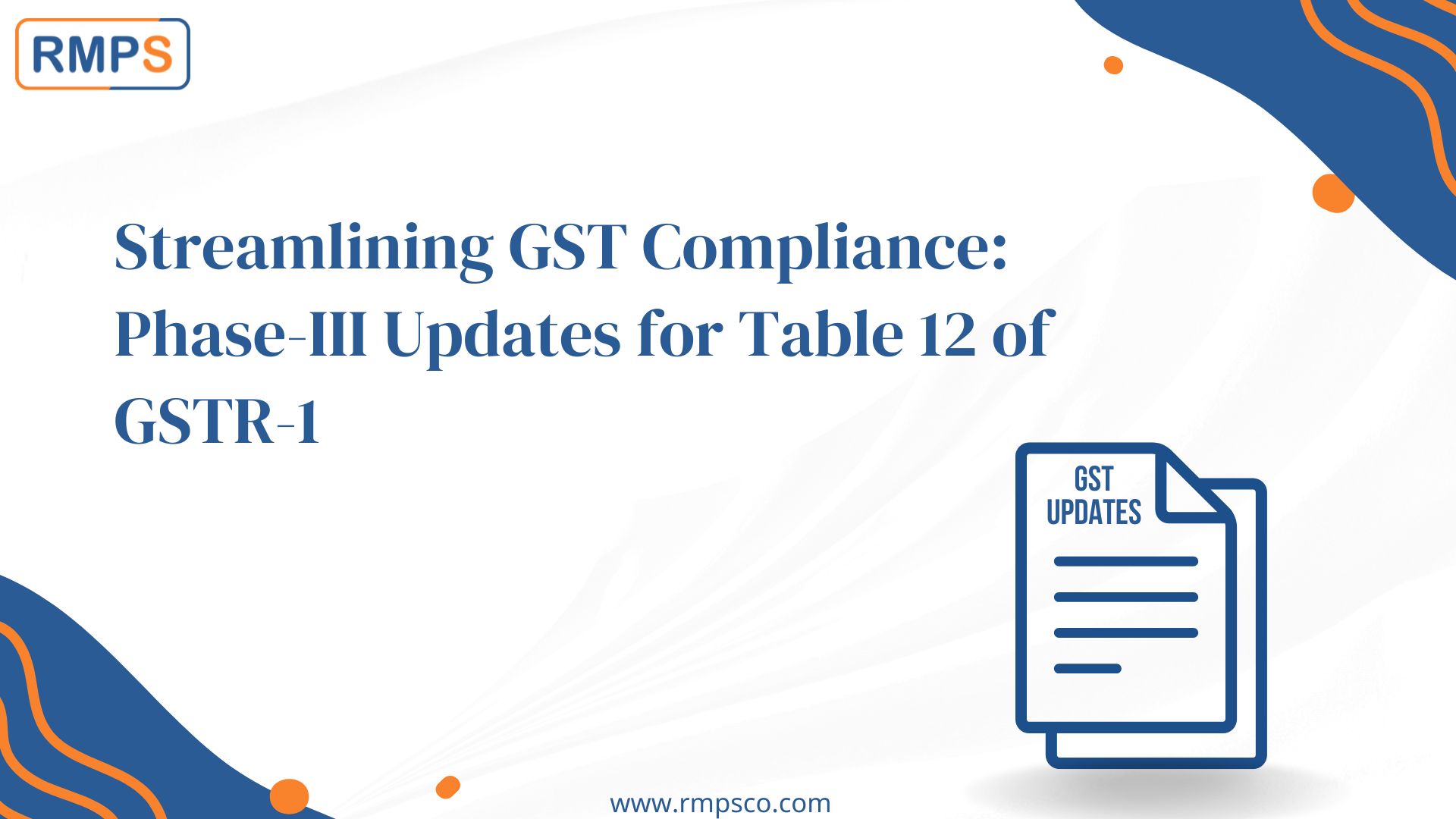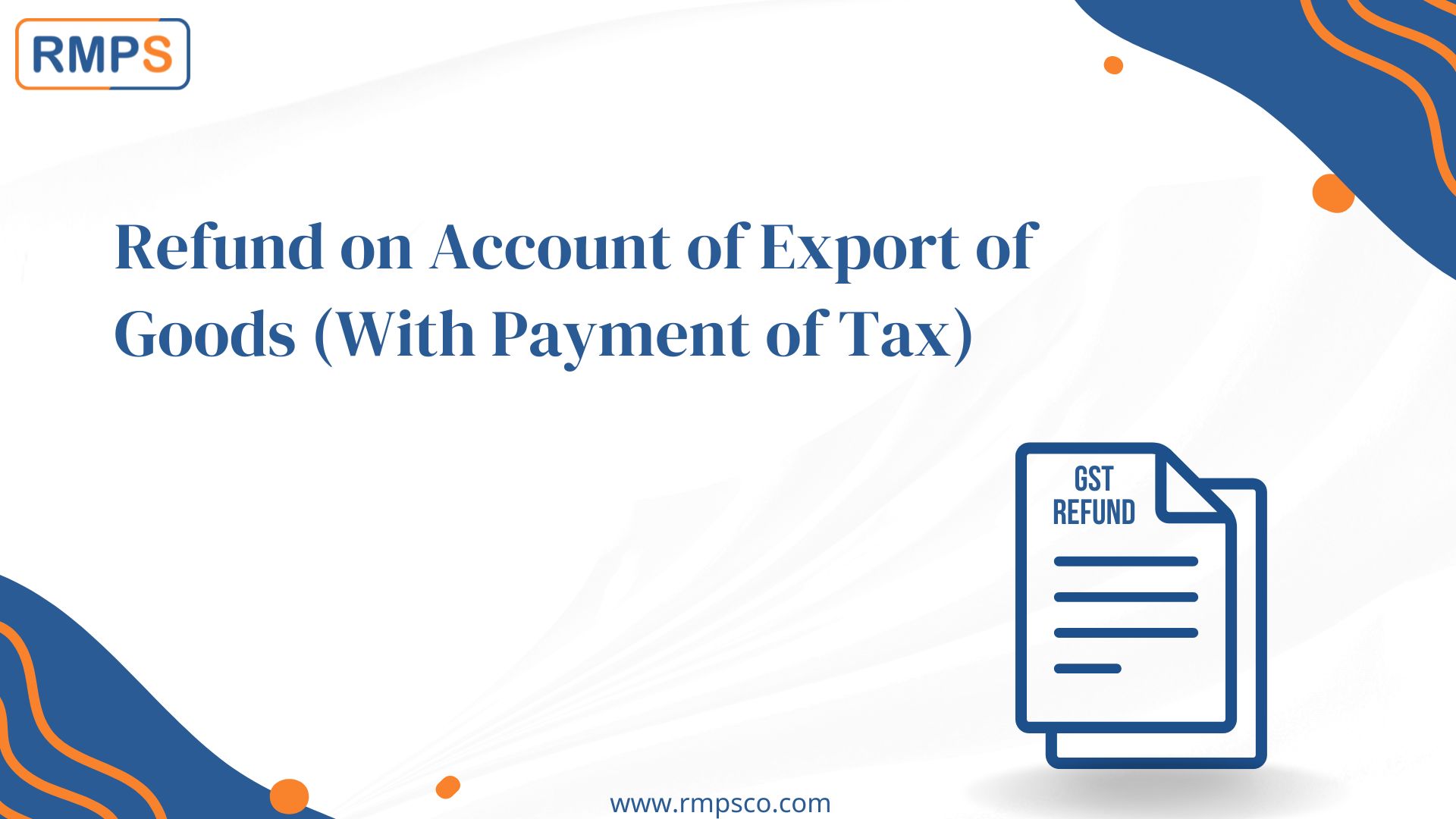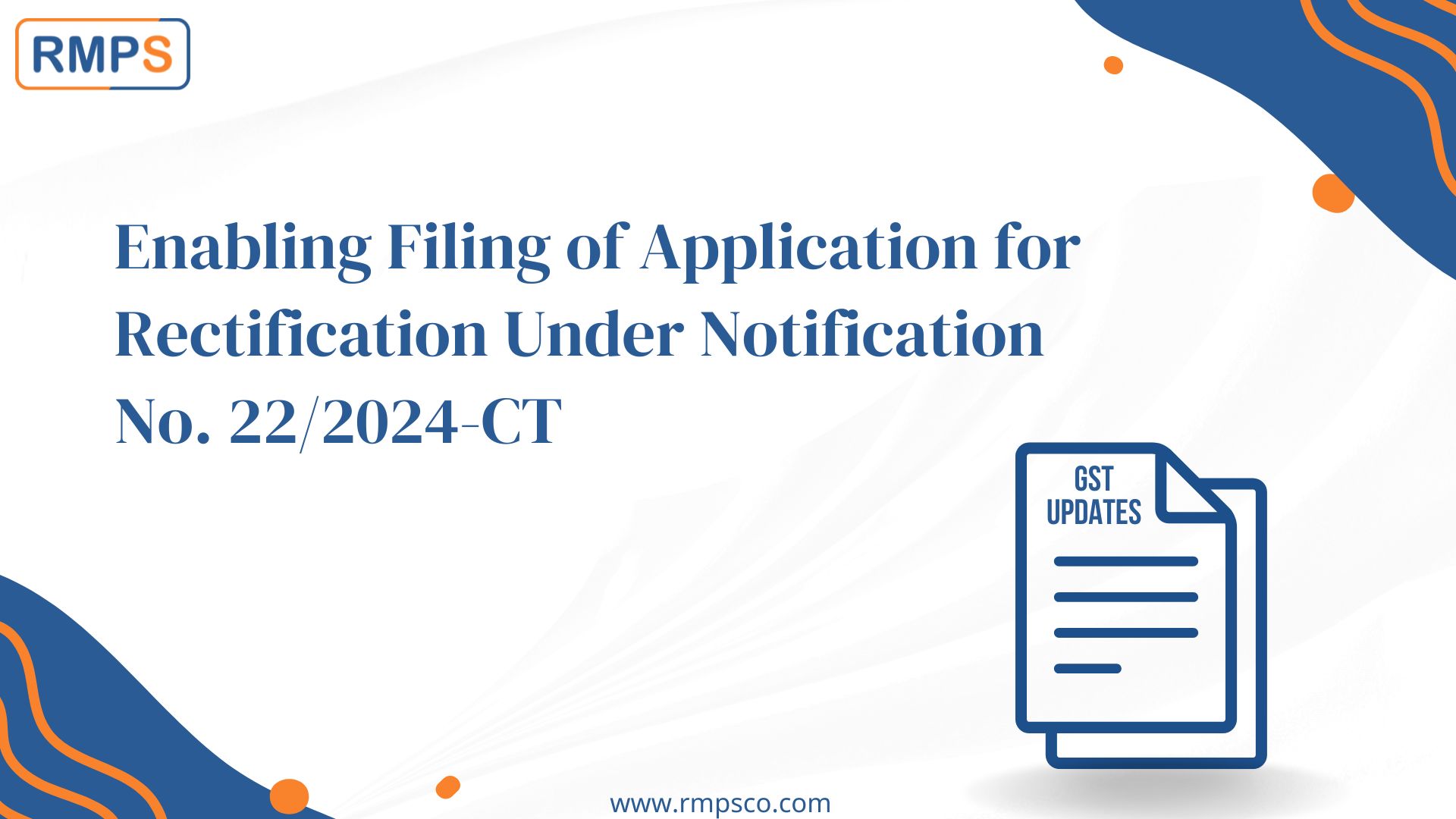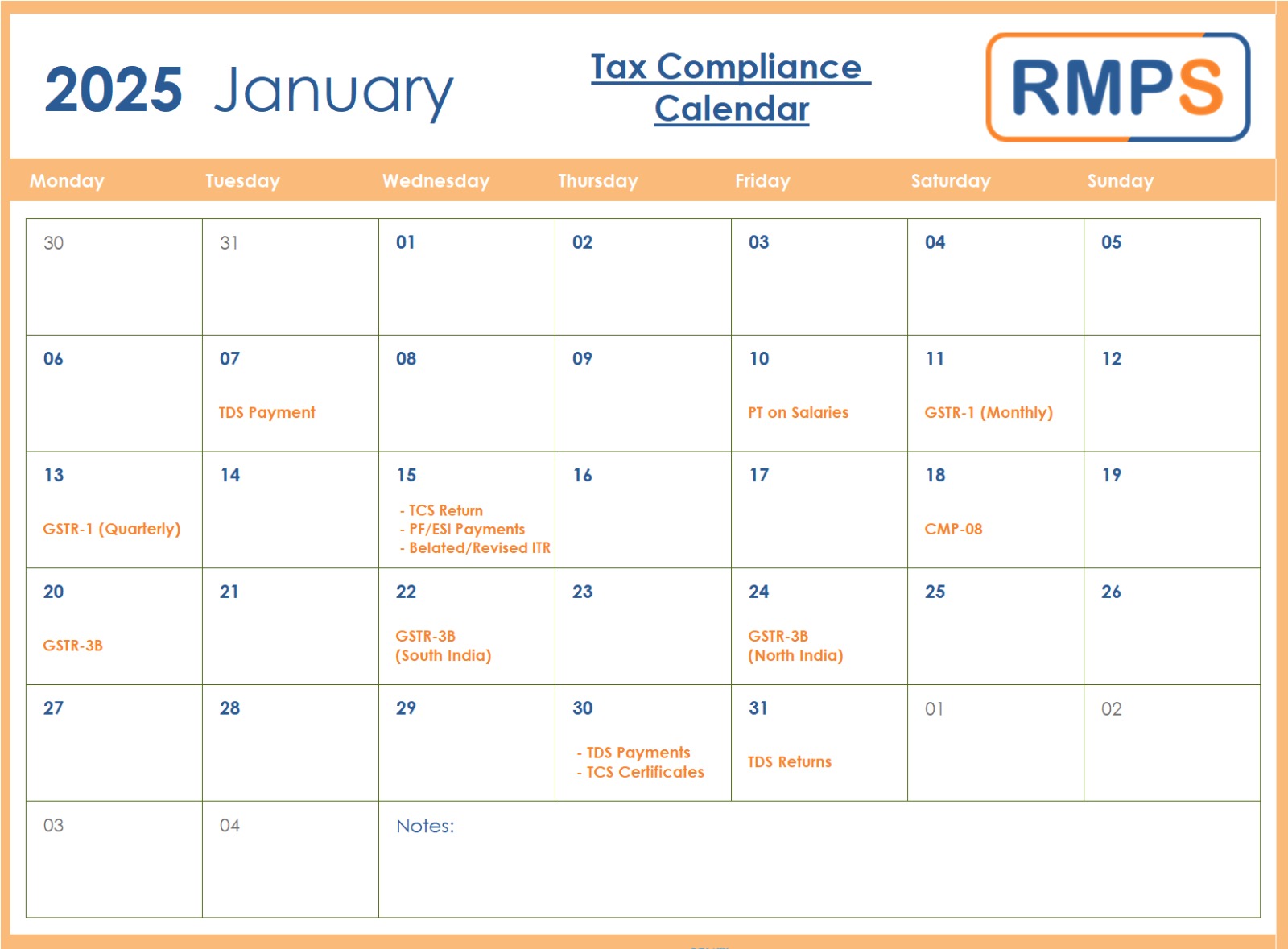Temporary Identification Number (TIN) and Recent GST Amendments
Managing taxes can feel complicated, especially for those who don’t have permanent tax registration. To help with this, the government has introduced a Temporary Identification Number (TIN). This number is for individuals or businesses that need to pay taxes temporarily without registering fully. Let’s break it down step by step so it’s easier to understand. […]
Union Budget 2025 Expectations: A Comprehensive Analysis
As the 2025-26 financial year approaches, Finance Minister Nirmala Sitharaman faces the task of addressing pressing economic challenges while steering India toward sustainable growth. With multiple sectors sharing their expectations, this budget has the potential to reshape the country’s economic trajectory. Below is a sector-wise overview of the primary expectations from the Union Budget 2025. […]
Key GST Compliance Activities for the Financial Year-End
As the financial year draws to a close, businesses must prioritize GST compliance to avoid potential issues and ensure smooth operations. This checklist provides actionable steps for seamless compliance. 1. Sales Reconciliation 2. Input Tax Credit (ITC) Reconciliation for FY 2024-25 3. Reverse Charge Mechanism (RCM) Compliance 4. Letter of Undertaking (LUT) Application 5. Refund […]
How Recent Amendment Impact Tax Rules for Sponsorship Services
The GST Council has introduced significant updates to the Reverse Charge Mechanism (RCM) under Notification No. 13/2017 (Central Tax – Rate), specifically Entry No. 4. These changes, effective from January 16, 2025, as per Notification No. 07/2025, aim to enhance tax compliance and clarify the responsibilities under RCM for sponsorship services. RCM (Reverse Charge Mechanism) […]
New GST Update: Redefinition of “Specified Premises” Effective April 2025
The Indian government has introduced a crucial update under GST with Notification No. 08/2025-Central Tax (Rate), redefining the concept of “Specified Premises.” This change, effective from April 1, 2025, aims to bring greater clarity and compliance to hotel accommodation services. What Are “Specified Premises”? As per the latest notification, premises offering hotel accommodation services with […]
Advisory on Waiver Scheme under Section 128A: A Guide for Taxpayers
The Goods and Services Tax Network (GSTN) has recently issued an important advisory regarding the waiver scheme under Section 128A. To help taxpayers benefit from the scheme, this guide simplifies the advisory and provides actionable steps. Key Updates and Guidelines 1.Official NotificationThe advisory was released on December 29, 2024. Taxpayers can find the complete details […]
Streamlining GST Compliance: Phase-III Updates for Table 12 of GSTR-1
The Goods and Services Tax Network (GSTN) has introduced Phase-III enhancements for Table 12 of GSTR-1 and GSTR-1A, effective from January 2025. These changes simplify reporting, improve accuracy, and ensure better compliance with GST regulations. This article highlights the key updates, making it easier for taxpayers to understand and implement them. What’s New in Table […]
Refund on Account of Export of Goods (With Payment of Tax)
Exporting services while complying with tax regulations is essential for businesses operating internationally. Understanding the process to claim refunds under such circumstances can help exporters maintain their cash flow and ensure compliance. Below, we outline the steps to file for a refund on the GST Portal effectively. Steps to File Refund for Export of Services […]
Enabling Filing of Application for Rectification Under Notification No. 22/2024-CT
The Central Government, based on recommendations from the 54th GST Council, has introduced a new facility under Notification No. 22/2024-CT dated October 8, 2024. This notification allows registered taxpayers to rectify demands related to incorrect Input Tax Credit (ITC) claims that were previously issued due to non-compliance with sub-section (4) of section 16 of the […]
January 2025 Compliance Deadlines: Key Dates and Requirements
As the new year begins, staying on top of compliance deadlines is crucial for businesses and individuals to avoid penalties. January 2025 brings a host of important dates for tax filings, payments, and returns. Here’s a clear, concise guide to help you stay compliant. Key Compliance Deadlines in January 2025 7th January: TDS Payment for […]

